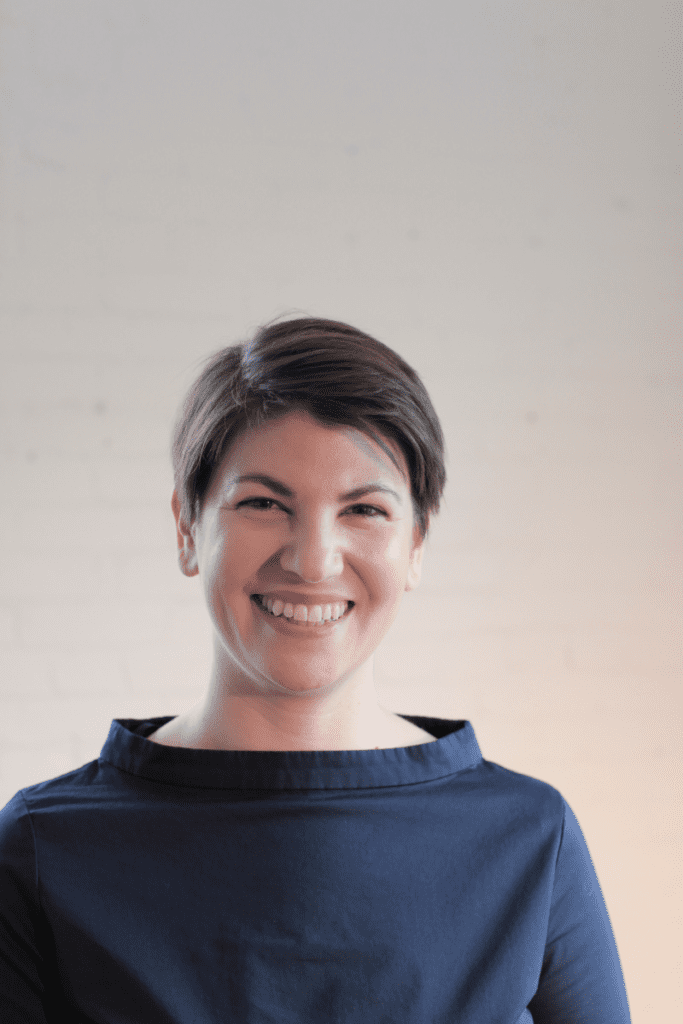The REAL secret to meeting your fundraising goals
Contribution by Founder of The Good Partnership, Cindy Wagman.
There is an endless amount of work to do in our sector. Our fundraising will never be done. There will always be more work we can do, higher goals, increased urgency. Even if we solve the problems our organization exists to solve, there will always be a “what next”.
So how do we manage it all?
The answer doesn’t lie in how to improve our fundraising tactics. It’s not even in our fundraising strategies. The answer… is in our habits.
Here are the habits that we need to adopt to be successful in fundraising:
- Differentiate between what’s urgent and what’s important
If you don’t know what the Eisenhower Matrix is, google it now. So much of people’s time gets spent on what’s urgent, but not necessarily important. To start your week, I want you to put all of your to-dos and aspirational goals into this matrix and prioritize according to what’s urgent/important and what’s important. If you don’t identify the important work, you’ll never get it done. After all, it’s usually the important work that’s hardest to do.
- Make time for the important
Once you know what is important, you need to carve out uninterrupted time to get it done. Even if it’s just 1-2 hours a week to work on your important goals, make sure you block that time in your calendar as sacred.
- Focus your mind
Now that you have the time, the next habit is focus. Instead of trying to do all of the important things, start by focusing on one and finishing it, before moving on to the next one.
- Stay positive
This one might not feel like a habit, but it is! The more we frame our work around the positive, the better our outcomes will be. When we go into situations looking for the positive and therefore have more positive outcomes.
When you are preparing to meet with a donor or prospect, show up excited and eager to learn more about them. Seek out what makes them interesting. What sparks their joy? If you actively look for the good, you will find it.
While this doesn’t sound like a habit, I want you to make it one. Take 5 minutes before a meeting and get into the habit of framing that meeting around the positive. List 5 things you can ask that will help you uncover the positive. When you end the meeting, take another 5 minutes to jot down the positive. What did you learn? Where are the opportunities? What was exciting? These can be related to fundraising, but they can also be general, related to that person. It’s like an exercise in gratitude.
- Accountability
Finally, get in the habit of reporting to an accountability buddy. Research shows that if we tell ourselves we’ll do something, we probably won’t do it. If we tell someone else, there’s a 65% chance we’ll get it done. If we tell someone and let them know the deadline (and check in with them at the deadline), there’s a 95% chance we’ll get it done. This one is a no-brainer. Find yourself an accountability buddy.
If we build good habits into our fundraising, we’re much more likely to achieve (or even surpass) our goals, avoid burnout and generally feel better about the work we’re doing. Visit www.thegoodpartnership.com to download a free fundraising strategy guide to help you identify what the right fundraising strategy is for your organization so you can get focused and raise more money.

Cindy Wagman spent 15 years as an in-house fundraiser at organizations large and small before founding The Good Partnership – a boutique firm focused on helping small nonprofits do more with less.
With a degree in women’s studies from Queen’s University, Cindy started her career fundraising in women’s organizations before diversifying her experience in health, higher education, and the arts. Most recently, Cindy was the Director of Development at the business school at the University of Toronto and Campaign Director at the Hot Docs Film Festival.
Currently, as the founder and CEO of The Good Partnership, Cindy spends her time teaching small charities how to fundraise through coaching, workshops, and trainings. Her team also focuses on fundraising implementation for small organizations, so she knows the realities and constraints that come along with a small team and small budget (but big impact).

Recent Comments